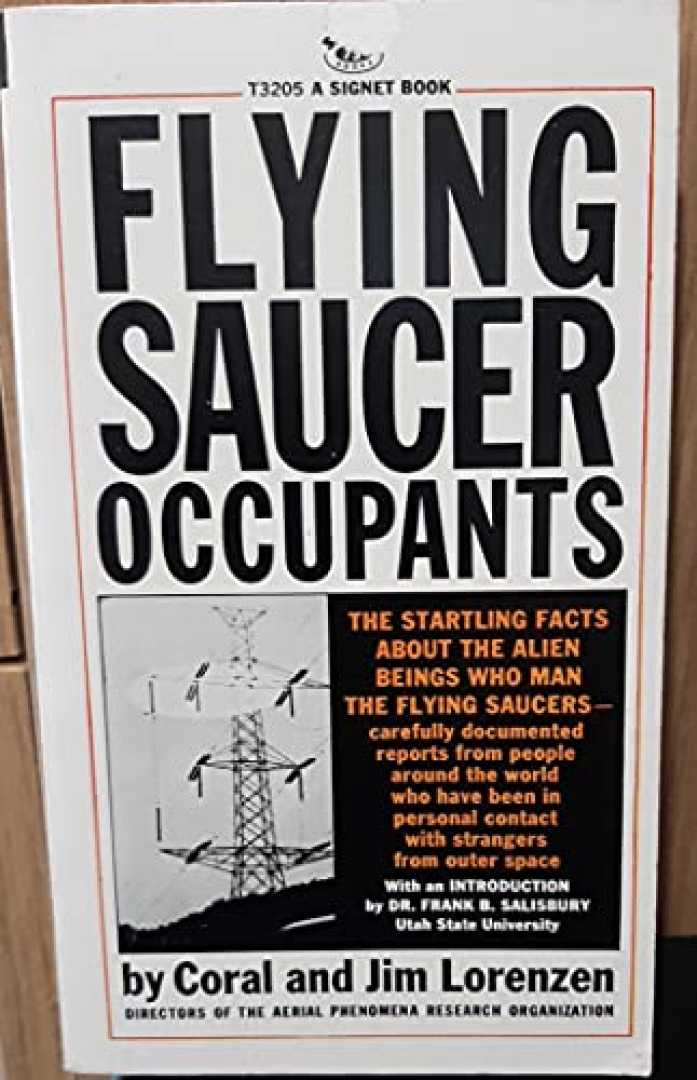News
Reviving the Legacy of Jim and Coral Lorenzen’s UFO Research

Sturgeon Bay, Wisconsin — In the 1940s and 1950s, UFO sightings captured the imagination of many Americans. Amid this wave of interest, a couple named Jim and Coral Lorenzen took action to create a more organized approach to investigating these mysterious encounters.
After Coral reported her own UFO sighting, the Lorenzen couple immersed themselves in the vibrant community of UFO enthusiasts. They noticed a lack of centralized information and decided to take matters into their own hands.
In 1952, they founded the Aerial Phenomena Research Organization (APRO) to serve as a clearinghouse for UFO reports, personal experiences, and military research. The organization grew, ultimately relocating to Tucson, Arizona, in 1960.
David Marler, executive director of the National UFO Historical Records Center, praised the Lorenzen’s efforts. “What Jim and Coral did was create a nationwide network,” he explained. “They not only collected reports but also managed investigators, issued newsletters, and lectured across the country.”
Their objective was to educate the public about UFOs without promoting conspiracy theories. Marler noted that they established strong ties with military personnel at Holloman Air Force Base and were motivated by a sense of social responsibility.
Coral Lorenzen famously stated, “We do not pretend to know the source or the substance of these objects,” highlighting the importance of investigating reports without bias. Marler supports this view, emphasizing the need for objective inquiry into the phenomenon.
Their archives remained largely inaccessible until a collaboration brought them to New Mexico for public display in recent years. Marler has meticulously reviewed the materials and recognizes the impact Jim and Coral had on the field.
“They spent their lives studying UFOs,” said Marler. “They were pioneers and wanted their findings to be available to all without charge.” Today, APRO’s material, which includes over 50 boxes of files, is part of the National UFO Historical Records Center, serving as an educational resource for exploring not just UFOs but also related topics like physics and critical thinking.
Marler concluded, “This history that we are compiling is not just about UFOs, but it incorporates many educational aspects that are valuable for students today.”












